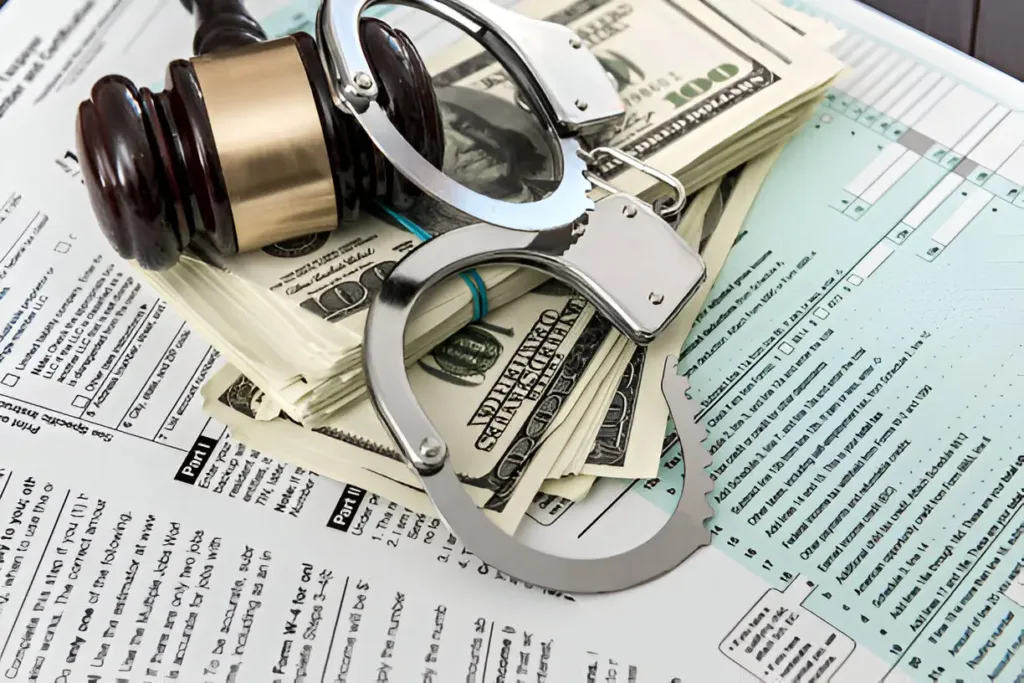Navigate the complex world of bail bonds with ‘The Ultimate Guide to Bail Bonds: Everything You Need to Know.’ Learn about the bail process and types of bonds.
Ever wondered how a bail bond works?
Understanding the basics of bail bonds can make a huge difference in challenging times. Whether you’re facing legal issues or helping a loved one, knowing your options is crucial. Unlock the essential information now and make informed decisions.
Stay with us to learn more about your rights and options. Let’s get started!
What Is a Bail Bond?
A bail bond is an agreement that allows a person to get out of jail while waiting for their trial. When someone gets arrested, the court sets a bail amount. This is the money that the person must pay to ensure their return for court dates.
If they cannot pay the full amount, they can use a bail bond service. The service charges a fee, usually about 10% of the bail amount.
The bail bond company promises the court that the person will show up for their trial. If they do, the company receives the money back. If they don’t, the company has to pay the full bail amount.
Types of Bail Bonds
There are several types of bail bonds that people can use to get out of jail. The first type is a cash bond, where a person pays the full bail amount in cash. If they attend their court date, they get all their money back.
Another common type is a surety bond, which is what most people think of when they hear “bail bond.” In this case, a bail bond company agrees to pay the bail to the court. The person pays the company a fee, usually around 10% of the bail amount.
Property bonds are also an option. With this type, you use your property as collateral for the bail. If you fail to show up for court, the court can take your property.
Finally, there are federal bonds and immigration bonds for more serious cases or for non-US citizens. Each bond type comes with its own rules and costs. Understanding your options can help you choose the best one for your situation.
Costs and Fees
When dealing with bail bonds, it’s crucial to understand the associated costs and fees. The main charge is the premium, usually around 10% of the total bail amount. For instance, if your bail is set at $10,000, you would pay $1,000 to the bail bond company, which is non-refundable.
Additional fees may apply for services like phone calls or paperwork processing. Always read the fine print to grasp all potential costs.
It’s essential to meet all legal obligations. Missing court dates can lead to extra charges and loss of any collateral you provided. Understanding these costs can help you make informed decisions during a tough time.
Finding a Bondsman
Finding a bondsman for bond assistance is simple. Start by searching online or asking friends and family for recommendations. Check reviews to ensure they are trustworthy.
Call several companies to compare fees and services. Confirm that they are licensed, as reliability is key when handling your money and court dates.
Keep all paperwork organized. Don’t hesitate to ask questions if anything is unclear, as this will help you stay informed.
Know What a Bail Bond Can Do for You Today
Understanding how a bail bond works is very important. It can help you or someone you care about in tough times.
Knowing your rights and options can make a big difference. Always remember to choose a good bondsman. The right bail bond can help you get back to your life faster!
Did you find this article helpful? Then check out our blog for more advice, tips, and insights!
Also Read – The Role of Outpatient and Inpatient Care Facilities in Modern Healthcare
